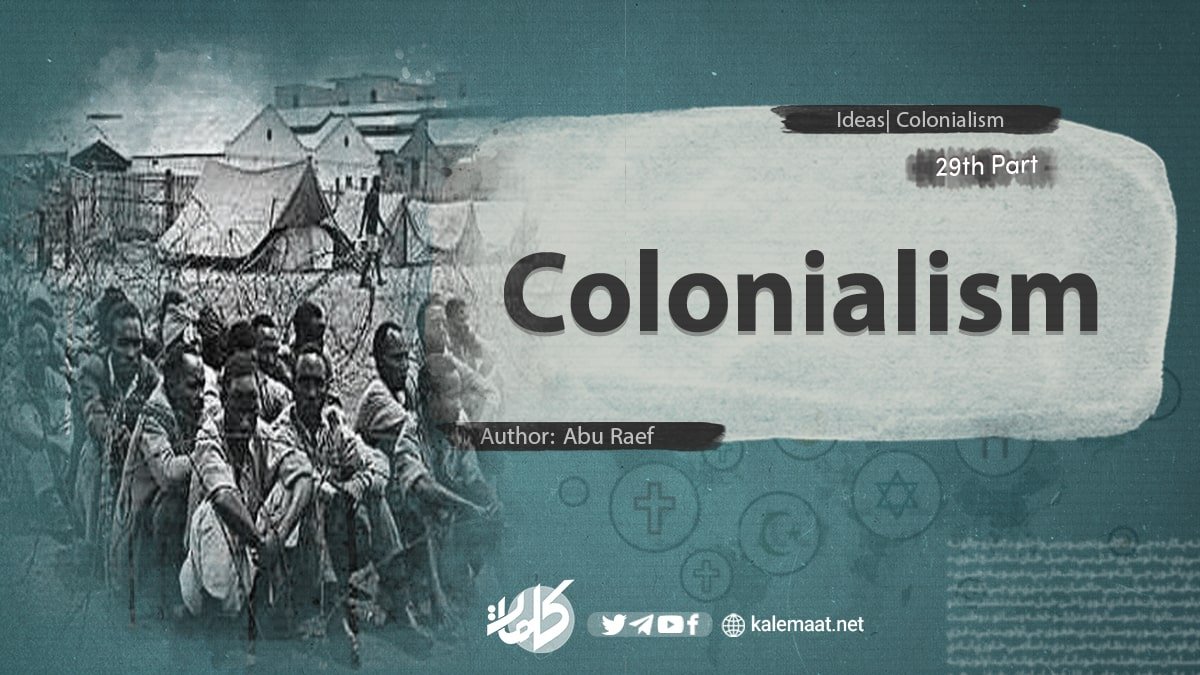Author: Abu Raef
Colonialism part (29)
Changing the way of social life of Afghan people
Every Country and nation in the world have a culture and a special form of their social life, which their special icons are the manifestation of their social knowledge, and peoples who believe in religions always try to make their national identity independent from others and not dissolved in other nation.
If the people of a nation lose their clothes, culture, and other characteristics, in this case, even if they are alert, literate, and materially advanced, they are still not considered an independent nation.
The culture, way of life, clothes, customs, customs, celebrations and celebration of special days by each nation depends on the religion, beliefs, morals, historical authenticity and geographical location of that nation, leaving them actually means alienation from oneself and the values of the nation. is itself
Muslims also have their own religion, rituals and teachings, and they have specific rules and orders for every part of their personal, social and cultural life. The criterion of the rightness or wrongness of actions and actions in Islamic culture are these teachings and Shari’a rulings, and in a way, Shari’a opinions and Islamic orders are the chapter of speech and the decision-maker of affairs among Muslims.
The Westerners, by understanding the comprehensiveness of Islamic rulings and their inclusiveness on all aspects of the social life of Muslims, have made and continue to make an indescribable effort to distance Muslims from these teachings, and their main goal is to change the social and cultural lifestyle of the Islamic society.
This great goal of theirs has dangerous and irreparable consequences for the colonized nations, and at the same time, it has been fruitful and useful for them and has been able to adapt and implement their wishes and plans in the colonized societies.
Dr. Habanka Al-Meidani writes about the colonizers’ method of changing the social life of Muslims: “One of the tools of unarmed combat is the moral corruption of the Islamic society, which the warring enemies have two ways to corrupt the morals of nations and drag them down from the peak of human perfection to the pit of imperfection and depravity. have discovered:
1- Toying with moral concepts and facts;
2- Propagation and deepening of societies that have corrupt morals.
Playing with moral concepts has been revealed in such a way that their trust is based on the praise of individual pleasure and the making permissible of everything that makes this happen, whether these things harm the person’s body and mind or are against the commands and commands of Allah.
Sometimes, the promotion of morally and morally corrupt congregations is one of the most efficient means of practical corruption, and for this reason, the armies of intellectual warfare resort to this method to corrupt the morals of Muslims. Because what is clear and experienced is that human beings are inherently changeable and influenced by the environment and social conditions in which they are located, and there should be some influence between the society and the person who lives in it. For this reason, if we put a pure and pious non-innocent person in a society where most of the people are corrupt, analyzed and materialistic, who do not know anything else in their lives except moral deviations and all kinds of corrupt behavior, what will happen to this pious and pure person, “It is a gradual change that takes place in several stages.”



